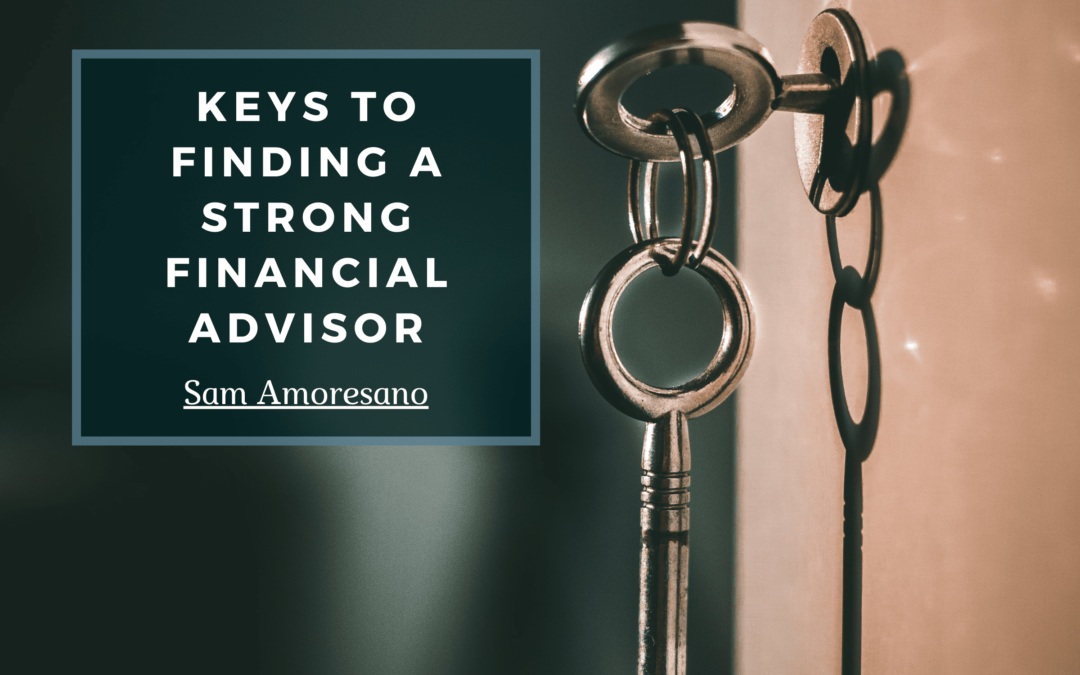There are plenty of people willing to give you advice on anything, and plenty of people who think they know more than they do. Our world is full of alleged experts: whether it’s people calling in to talk radio into yelling about their local teams’ idiot gm or your friend who insists they have a deeper understanding of politics than you. Suppose there’s one thing there is no shortage of its opinions. When it comes to financial advice, you don’t want just anyone’s opinion. You want to be confident that the person who is providing financial advice is giving you information that’s both in your best interest and geared to your financial situation. With so many individuals willing to provide financial advice, here are some keys to separate the wheat from the chaff of financial advisors.
A good financial advisor should come with a strong reputation. Do plenty of research into the records and history of the financial advisors your considering. Some elements to consider include: are they local, what is their financial background and experience, how aggressive or conservative are they, and what do their customers say about them? Of course, it always makes sense to find as much information as possible on a track record of success and how long that success has been sustained. Never be afraid to ask friends and family for advisors who have worked well for them. Don’t be too shy to question them on any lousy experiences with a financial advisor they’ve had. Sometimes knowing who does a poor job is more important than knowing who does a great job.
There are plenty of ways to determine if a financial advisor has been successful or not. The first key that should be most obvious when you meet is whether they are passionate about finance and care about your success. Offices that efficiently operate that see your appointment on time, and treat you like you matter should mean something to you. You can trust that to some degree off the bat; they know you are essential to them. You also want an analytical mindset out of your advisor. The level of detail required for a financial advisor is dense at best and requires a well-organized and thoughtful individual to balance all your accounts against each other. Finally, make sure you have a financial advisor working for you and not the other way around. If you are a more conservative investor, and your initial meeting is with an advisor who tries to convince you aggression is the way to go–it’s a good sign you might not fit well together. In this partnership, your financial advisor must understand that your interests come first. They should be able to guide you on the path that feels best for you, not tell you which way is best.
Never underestimate the skill of a trained financial advisor. They can boost your portfolio and earning potential tremendously. Finding the right partner can be precisely what you need to secure any long-term financial goals you may have. The economic significance of taking the time to find the right financial advisor for you can’t be overstated.
